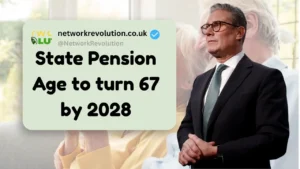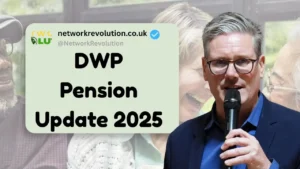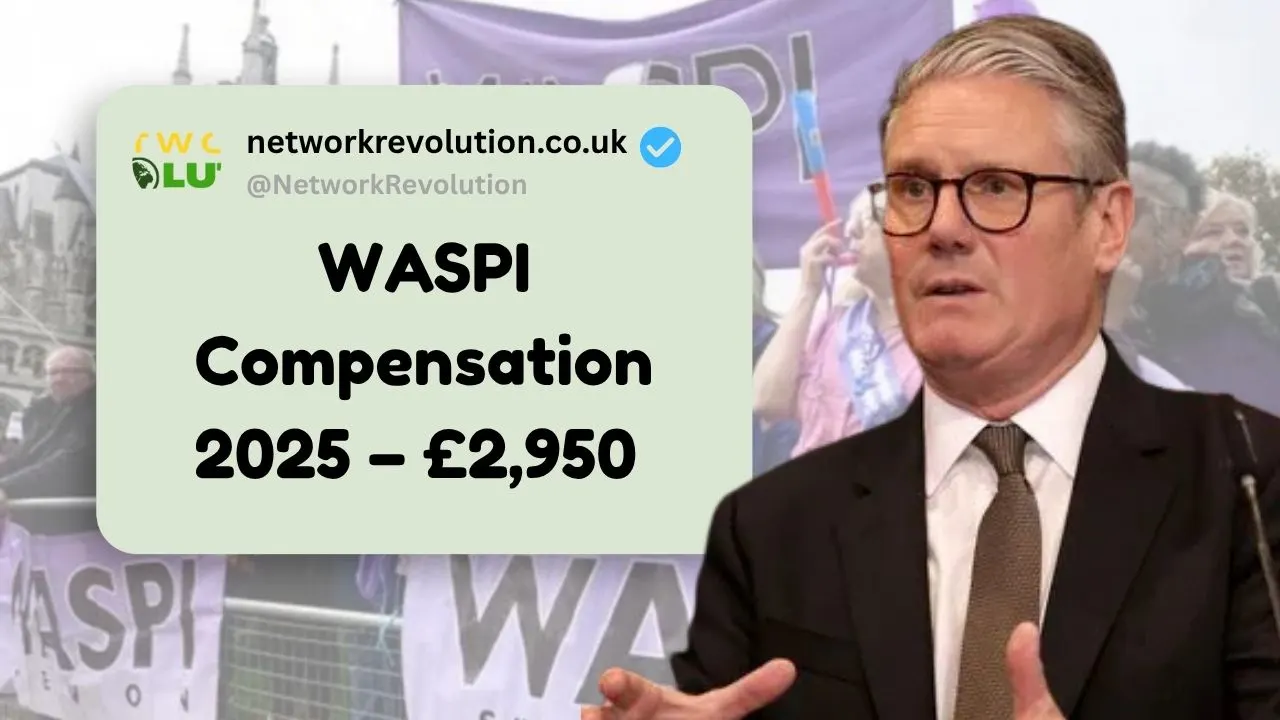After years of campaigning, women born in the 1950s affected by State Pension Age changes may finally see justice — but not yet in the form many hope. The Ombudsman in 2024 recommended payments between £1,000 and £2,950 for eligible women due to communication failures by the DWP. However, the government rejected a blanket compensation scheme in late 2024, citing fairness to taxpayers. The dispute is now before the High Court, with hearings scheduled for 9–10 December 2025. If the court rules in favor of WASPI, ministers may face pressure to revisit compensation.

Key Facts:
- The £2,950 figure is recommended, not confirmed.
- No compensation scheme is yet active — no payments have been made.
- Payment, if ever enacted, would need enabling legislation or ministerial decision.
- Scam websites are leveraging the confusion, falsely claiming a compensation scheme is already live.

What to Do If You Might Qualify?
Monitor official WASPI and government announcements.

Seek advice from Age UK, Citizens Advice, or pension support services.
What Is WASPI & the Ombudsman Recommendation?
Keep your bank and contact details up to date with DWP.

Do not pay a fee or share sensitive info in response to unsolicited offers.
- WASPI (Women Against State Pension Inequality) is a campaign by women born in the 1950s who argue they weren’t given adequate notice of State Pension Age (SPA) increases.
- In March 2024, the Parliamentary & Health Service Ombudsman (PHSO) found that in many cases, DWP acted with “maladministration” in communicating SPA changes. It recommended compensation between £1,000 and £2,950 depending on individual circumstances.

However — and this is crucial — the Ombudsman’s recommendation is not binding. It requires government or parliamentary action to turn it into a legal compensation scheme.
What the Government Has Said (So Far)?
- The government has rejected the idea of a blanket compensation scheme to WASPI women. In December 2024, Work & Pensions Secretary Liz Kendall stated that a large-scale payout was not “fair or proportionate” to taxpayers.
- The government argued that many women were aware of the pension age increases and that implementing a compensation scheme costing up to £10.5 billion would be unjustified.
- Instead, the dispute is now being taken to the High Court, with WASPI women’s legal team scheduled to present their case on 9–10 December 2025.
- A favourable ruling might put political or legal pressure on the government to revisit compensation — but the court cannot directly force ministers to pay amounts.
What Is True and What Is Speculative (or False) in Your Draft?
| Statement | Truth / Evidence | Notes & Caveats |
|---|---|---|
| “The DWP has officially confirmed compensation payments up to £2,950 in October 2025.” | False / Unverified | No official confirmation exists. That figure is from the Ombudsman recommendation. No government scheme has been enacted. |
| “Payments will be automatic, with no application required.” | Speculative | This is commonly assumed in these narratives, but no official mechanism has been legislated. |
| “Women born between 1950 and 1960 will be eligible.” | Partly true | The WASPI group targets those born in the 1950s affected by SPA change. But “1960” likely goes beyond the intended cohort. |
| “Rollout will begin in late 2025 and continue into 2026.” | Unverified | This is speculative; no payment schedule has been confirmed. |
| “The sum is meant to reflect emotional/financial hardship.” | Matches Ombudsman language | The PHSO indeed recommended compensation for loss, distress, and inconvenience. |
Because your draft presents much of the speculative content as fact, it might mislead readers who take it as official policy.
What Actually Happens Next: Legal & Procedural Path?
- Legal hearing (Dec 9–10, 2025): WASPI women will present their case in the High Court, arguing that government’s compensation refusal is irrational.
- Judgment in 2026: The court ruling may direct ministers to revisit the refusal. But it cannot itself pay compensation.
- Political or legislative action required: For payments to happen, Parliament or DWP needs to set up a compensation scheme, define eligibility, amount, and delivery.
- Scam and fraud warnings: Because the issue is unresolved, scam websites are claiming compensation payouts. WASPI groups and authorities have warned people not to share personal or bank details via such sites.


I have written 3 letters to DWP from 7th August 2025 to date and as yet have not had a reply or acknowledgement to my letters regarding eligibility.